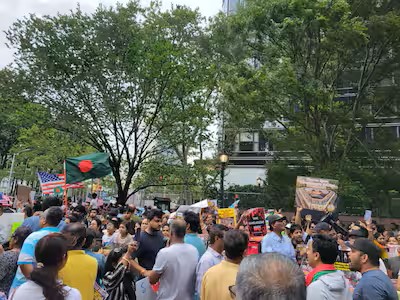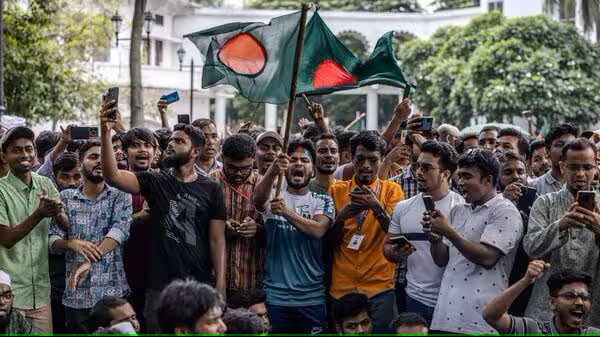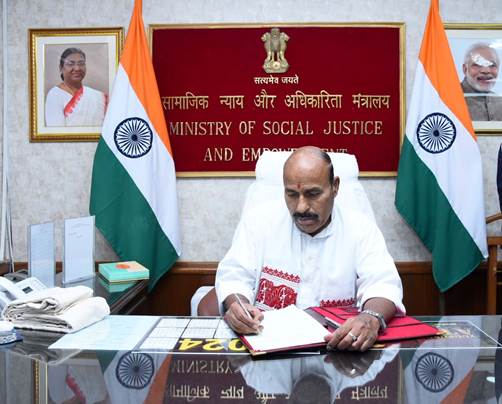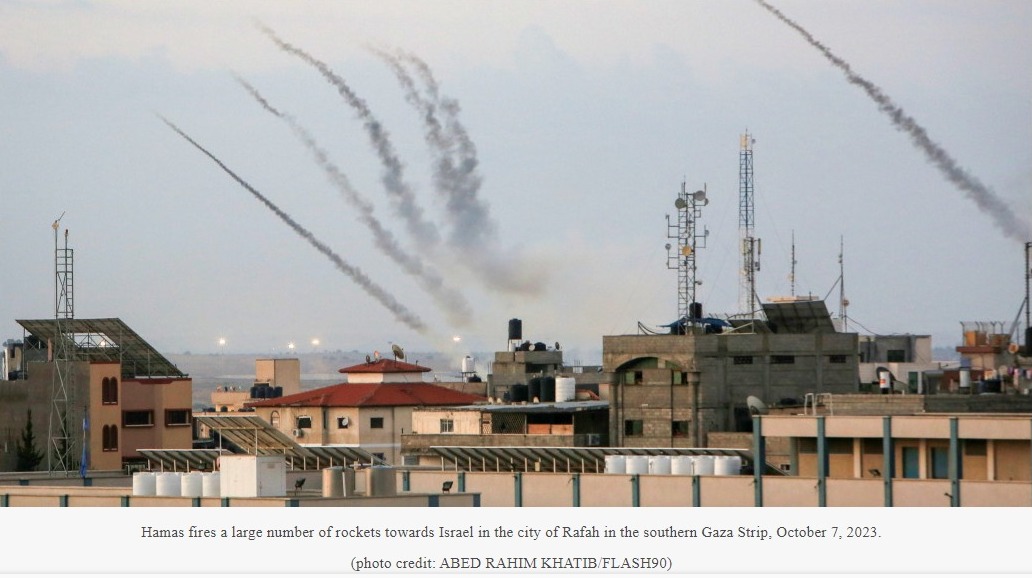Obaidul Hassan, appointed as the Chief Justice of Bangladesh’s Supreme Court last year and considered a close ally of ousted Prime Minister Sheikh Hasina, has agreed to resign “in principle” under intense pressure from student protesters. The decision comes after protesters surrounded the Supreme Court, demanding his resignation, .
 The 65-year-old Chief Justice is expected to formally submit his resignation after consulting with President Mohammed Shahabuddin later this evening, as reported by The Dhaka Tribune.
The 65-year-old Chief Justice is expected to formally submit his resignation after consulting with President Mohammed Shahabuddin later this evening, as reported by The Dhaka Tribune.
The protests were triggered when Hassan called for a full court meeting with justices from both divisions of the Supreme Court, which the students perceived as an attempt to stage a judiciary coup. In response, the protesters laid siege to the High Court premises, leading Hassan to postpone the meeting and eventually agree to step down.
Hassan, who was given a one-hour ultimatum to resign, was seen as a loyalist to Sheikh Hasina, whose government was recently ousted amid widespread unrest. The turmoil has claimed over 450 lives, including several police officers, and has led to serious allegations against Hasina, including murder, forced disappearances, money laundering, and corruption.
In a related development, Bangladesh Bank Governor Abdur Rouf Talukder also submitted his resignation, although it has not yet been accepted, due to the critical nature of his position. Earlier, four deputy governors were forced to resign after being accused of corruption by a group of bank officials.
The unrest has further escalated as the police union declared a strike, demanding assurances of their safety before returning to work. Meanwhile, Sheikh Hasina has sought refuge in New Delhi and plans to return to Bangladesh to participate in upcoming elections.
The ongoing violence has also led to attacks on homes and businesses belonging to the minority Hindu community in northwest Bangladesh, prompting many to seek refuge in neighboring India.
Interim leader Muhammad Yunus, who was called upon by student protesters to temporarily lead the country, has appealed for religious unity. His primary task now is to restore stability in the wake of the mass protests that ended Sheikh Hasina’s 15-year rule.




